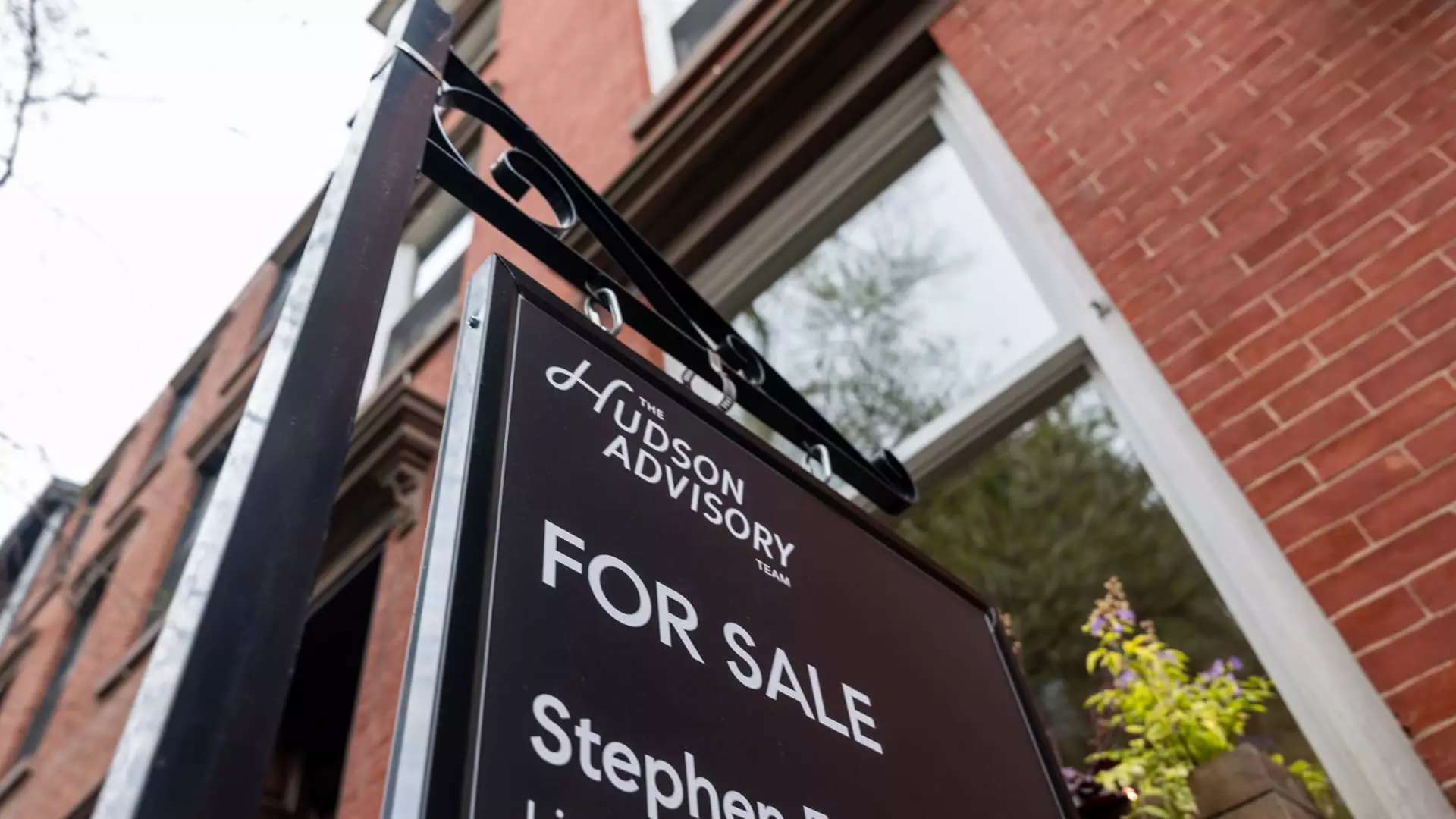The recent leap in the 30-year fixed mortgage rates, which hit 7.1%—a peak not observed since mid-February—serves as an alarming indicator of the financial landscape we find ourselves navigating. Mortgage News Daily’s report highlights that this 13-basis-point increase in a week amounts to more than just an innocuous fluctuation; it reflects a critical juncture that many American households may be ill-equipped to weather. The mortgage rates’ vulnerability to shifts in bond yields is well documented, but the recent spike illustrates a disconcerting trend that impacts not only those looking to buy homes but also the broader economic environment.
Tariffs and Economic Fallout
The fluctuation of bond yields, influenced by political moves such as President Donald Trump’s recent tariff announcements, throw a wrench into the already precarious stability of the housing market. The imposition of tariffs on various countries, particularly China, piles pressure on inflation, compounding the mortgage rate distress. While the immediate response to the reduction of some tariff rates might have provided a fleeting sense of relief, the underlying instability remains. This adds layers of uncertainty for prospective homeowners navigating high prices and diminishing purchasing power, ultimately stunting the housing market’s growth.
The Consumer Sentiment Crisis
Adding to the gloom, recent consumer sentiment reports have come in significantly lower than anticipated. With inflation expectations soaring from 5% in March to a staggering 6.7% in April—the highest since 1981—we find ourselves at a critical crossroads. Homeownership, typically viewed as a cornerstone of financial stability, feels increasingly out of reach for many Americans, particularly first-time buyers and those with lower incomes. Nancy Lazar’s remarks on CNBC resonate loudly: the combination of rising mortgage rates and job market concerns paints a grim picture, urging consumers to rethink their housing aspirations in the current climate.
A Deteriorating Housing Market
The challenges presented by higher mortgage rates should not be viewed in isolation. The spring housing market, expected to energize sales, is instead confronting an uphill battle. The adverse impacts trickle down, affecting everything from home construction to related jobs within the industry. The sentiment is mounting that potential buyers are hesitating, frightened off by an unfriendly mortgage environment that sees homeownership transitioning from an achievable goal to a distant dream for many.
The Unseen Consequences of Economic Shifts
Ultimately, rising mortgage rates shouldn’t just be written off as a financial hiccup; they signify broader economic upheaval. The notion that we may have just experienced the worst week for 10-year yields since 1981 should be a wake-up call. It’s time to scrutinize the policies and decisions that have led us to this moment. Homebuyers, economists, and policymakers alike must brace for potential crisis—an economy built largely on debt and inflated consumer costs could face severe repercussions if trends continue downward. This isn’t just about mortgage rates; it’s about the very fabric of economic mobility in America.

